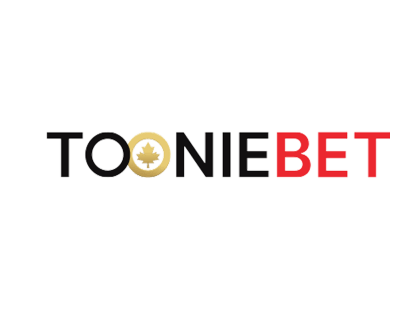According to the report, advancements in AI technology present a tremendous opportunity for the industry to address problem gambling at its core.
"The gaming sector ought to explore how technology can assist in recognizing critical risk behaviors through personalized feedback. Additionally, the industry must ensure that it is prepared to offer guidance and support for players flagged as high-risk. It is the collective duty of the industry to invest in and provide effective resources and information to safeguard players online.\"
AI tools could potentially include alerts for accounts exhibiting harmful betting trends, an enhanced live support crew, and improved systems for detecting money laundering.
Politicians Already Weighing In
In Brazil, the largest nation in Latin America, authorities acknowledge the collective benefits that regulated gambling can provide to society.
In the report, José Francisco Cimino Manssur, Special Advisor to the Executive Secretariat of the Brazilian Ministry of Finance, stated: \"The significance of Regulation and Responsible Gaming in the betting sector is becoming clearer by the day. Through our regulatory measures and the successful implementation of robust Responsible Gaming practices, players will have a healthy and socially mindful experience with adequate protection, eliminating any undesirable risks associated with gambling and transforming it into an enjoyable experience.\"
It's no surprise that political figures are starting to engage more in this discussion. Projections from the regulatory insights organization Vixio suggest that a regulated market for sports betting, casinos, and bingo in Brazil could generate nearly $3 billion in revenue by the end of 2027, positioning it among the world's largest markets.
James Kilsby, chief analyst at Vixio and co-author of Vixio’s Latin America Online Outlook report, remarked: \"The recent movements in Brazil’s Congress have heightened awareness throughout the global industry regarding the potential of this significant new market.\"












